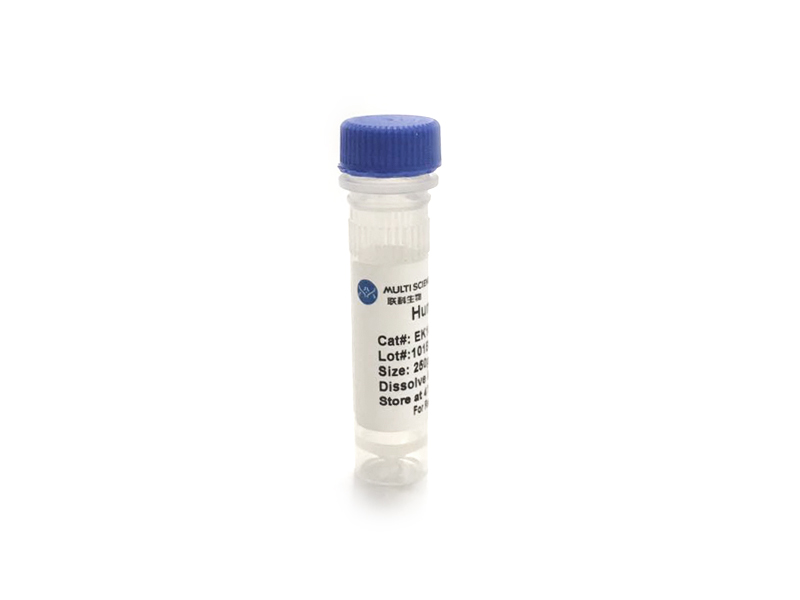Pro-inflammatory response impairs the constructive repair of abdominal wall defects after mesh implantation. Electrospinning-aid functionalization has the potential to improve the highly orchestrated response by attenuating the over-activation of foreign body reactions. Herein, we combined poly(L-lactic acid-co-caprolactone) (PLLA-CL) with gelatin proportionally via electrospinning, with Ibuprofen (IBU) incorporation to fabricate a bilayer mesh for the repair improvement. The PLLA-CL/gelatin/IBU (PGI) mesh was characterized in vitro and implanted into the rat model with a full-thickness defect for a comprehensive evaluation in comparison to the PLLA-CL/gelatin (PG) and off-the-shelf small intestinal submucosa (SIS) meshes. The bilayer PGI mesh presented a sustained release of IBU over 21?days with degradation in vitro and developed less-intensive intraperitoneal adhesion along with a histologically weaker inflammatory response than the PG mesh after 28?days. It elicited an M2 macrophage-dominant foreign body reaction within the process, leading to a pro-remodeling response similar to the biological SIS mesh, which was superior to the PG mesh. The PGI mesh provided preponderant mechanical supports over the SIS mesh and the native abdominal wall with similar compliance. Collectively, the newly developed mesh advances the intraperitoneal applicability of electrospun meshes by guiding a pro-remodeling response and offers a feasible functionalization approach upon immunomodulation.
文章引用产品列表
-
- EK306 384 Citations
- ELISA试剂盒
Rat IL-6 ELISA Kit检测试剂盒(酶联免疫吸附法)
- ¥1,600.00 – ¥10,800.00
-
- EK306HS 323 Citations
- 高敏试剂盒
Rat IL-6 High Sensitivity ELISA Kit检测试剂盒(酶联免疫吸附法)
- ¥2,000.00 – ¥3,400.00
-
- EK182S 2 Citations
- ELISA标准品
Human TNF-α Standard (人肿瘤坏死因子α (TNF-α) 标准品)
- ¥280.00
-
- EK182HSS
- ELISA标准品
Human TNF-α High Sensitivity Standard (人肿瘤坏死因子α高敏 标准品)
- ¥280.00




